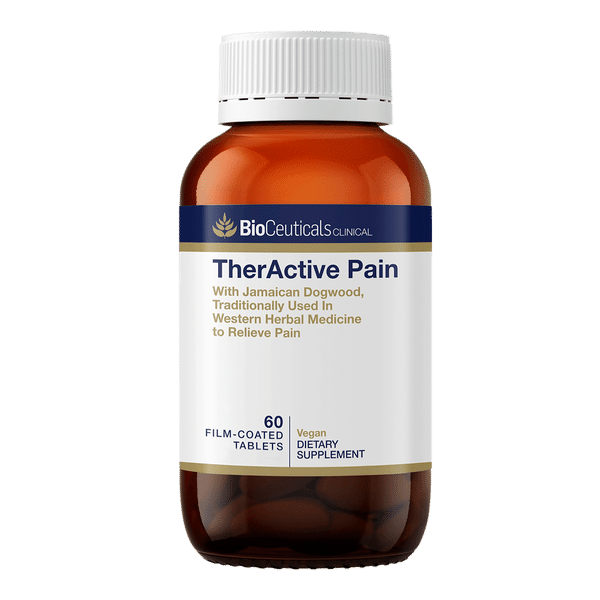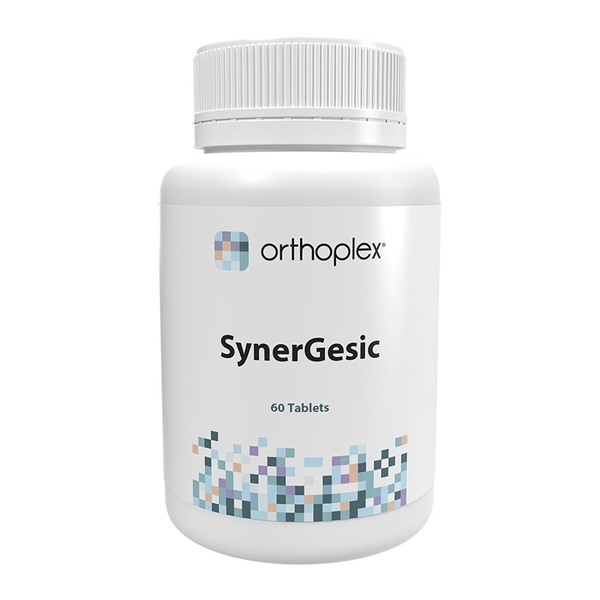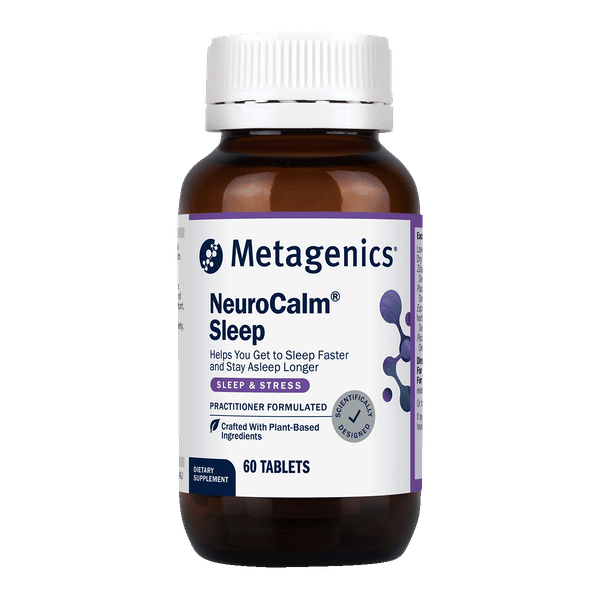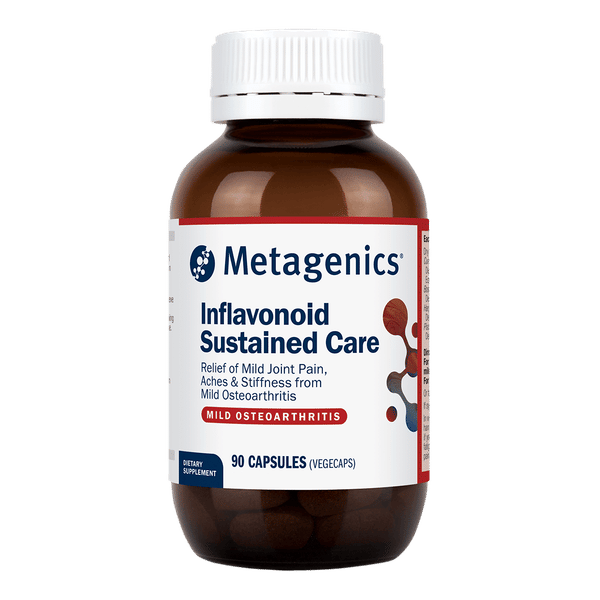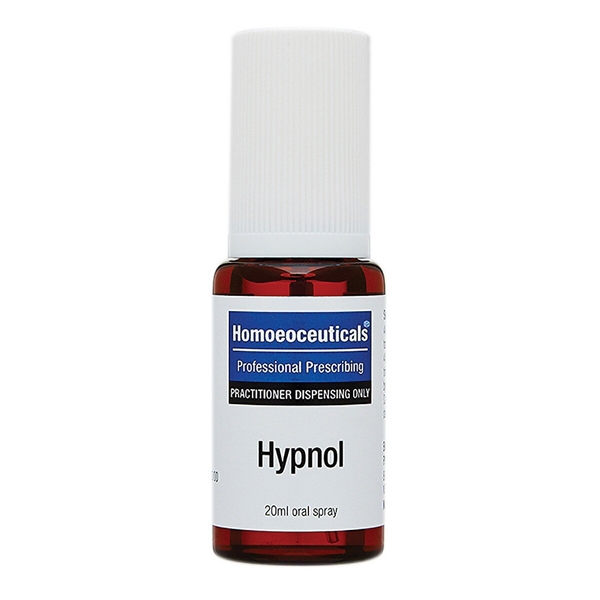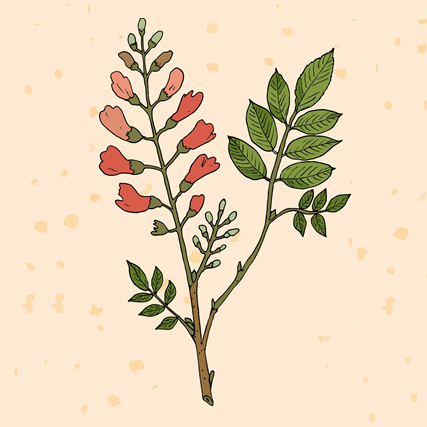
Jamaican dogwood
Scientific names: Piscidia piscipula, Erythrina piscipula, Ichthyomethia piscipula, Piscidia erythrina, Piscidia communis
Family: Fabaceae/Leguminosae
Alternate names: Chijol, Dogwood Jamaica, Fishfudle, Fish Poison Bark, Fish-Poison Tree, Jabín, Jamaican Cornouiller, Piscidia, West Indian Dogwood
Actions: Acaricidal, Analgesic, Antidermatophyte, Antihelmintic, Central nervous system, Menstrual, Spasmolytic
Background
Jamaican dogwood is a tree. The root bark is used to make medicine.
People use Jamaican dogwood for anxiety, sleep problems, nerve pain, migraine, and other conditions, but there is no good scientific evidence to support these uses. Using Jamaican dogwood can also be unsafe.
Be careful not to confuse Jamaican dogwood with American dogwood.
People use Jamaican dogwood for anxiety, sleep problems, nerve pain, migraine, and other conditions, but there is no good scientific evidence to support these uses. Using Jamaican dogwood can also be unsafe.
Be careful not to confuse Jamaican dogwood with American dogwood.
Safety Safety definitions
When taken by mouth: Jamaican dogwood is LIKELY UNSAFE when taken by mouth. Jamaican dogwood is an irritant. It can also cause numbness, tremors, salivation, and sweating. Elderly people are especially sensitive to these effects.
Children: Jamaican dogwood is LIKELY UNSAFE for children when taken by mouth. They are especially sensitive to the poisons this plant contains. Do not give Jamaican dogwood to children.
Surgery: Jamaican dogwood might slow down the central nervous system (CNS), causing sleepiness. There is a concern that it might slow down the CNS too much when combined with anesthesia and other medications used during and after surgery. Stop using Jamaican dogwood at least 2 weeks before a scheduled surgery.
Special Precautions & Warnings:
Pregnancy and breast-feeding: It's LIKELY UNSAFE for pregnant women to take Jamaican dogwood by mouth. It can affect the uterus. It is also LIKELY UNSAFE for breast-feeding women to take Jamaican dogwood by mouth because of the poisons it contains.Children: Jamaican dogwood is LIKELY UNSAFE for children when taken by mouth. They are especially sensitive to the poisons this plant contains. Do not give Jamaican dogwood to children.
Surgery: Jamaican dogwood might slow down the central nervous system (CNS), causing sleepiness. There is a concern that it might slow down the CNS too much when combined with anesthesia and other medications used during and after surgery. Stop using Jamaican dogwood at least 2 weeks before a scheduled surgery.
Effectiveness
NatMed Pro rates effectiveness based on scientific evidence according to the following scale: Effective, Likely Effective, Possibly Effective, Possibly Ineffective, Likely Ineffective, Ineffective, and Insufficient Evidence to Rate.
Insufficient evidence Effectiveness definitions
- Anxiety.
- Fear.
- Nerve pain.
- Migraines.
- Trouble sleeping (insomnia).
- Abnormal or painful menstruation.
- Other conditions.
Dosing & administration
The appropriate dose of Jamaican dogwood depends on several factors such as the user's age, health, and several other conditions. At this time there is not enough scientific information to determine an appropriate range of doses for Jamaican dogwood. Keep in mind that natural products are not always necessarily safe and dosages can be important. Be sure to follow relevant directions on product labels and consult your pharmacist or physician or other healthcare professional before using.
Interactions with pharmaceuticals
Sedative medications (CNS depressants)
Interaction Rating=Moderate Be cautious with this combination.
Jamaican dogwood might cause sleepiness and drowsiness. Medications that cause sleepiness are called sedatives. Taking Jamaican dogwood along with sedative medications might cause too much sleepiness.
Some sedative medications include clonazepam (Klonopin), lorazepam (Ativan), phenobarbital (Donnatal), zolpidem (Ambien), and others.
Interactions with herbs & supplements
Herbs and supplements with sedative properties: Jamaican dogwood might cause sleepiness. There is a concern that using it along with other natural products that have this same effect might cause too much sleepiness. Some of these products include 5-HTP, calamus, California poppy, catnip, hops, kava, St. John's wort, skullcap, valerian, yerba mansa, and others.
Interactions with foods
There are no known interactions with foods.
Action
Jamaican dogwood might cause sleepiness, decrease pain and swelling (inflammation), and decrease muscle spasms in internal organs.
Products
View all productsPractitioner product
Practitioner product
Practitioner product
Practitioner product
Practitioner product
Practitioner product
vital.ly has licensed monographs from TRC Healthcare.
This monograph was last reviewed on 17/12/2024 11:00:00 and last updated on 12/12/2014 18:47:16. Monographs are reviewed and/or updated multiple times per month and at least once per year.
Natural Medicines disclaims any responsibility related to medical consequences of using any medical product. Effort is made to ensure that the information contained in this monograph is accurate at the time it was published. Consumers and medical professionals who consult this monograph are cautioned that any medical or product related decision is the sole responsibility of the consumer and/or the health care professional. A legal License Agreement sets limitations on downloading, storing, or printing content from this Database. No reproduction of this monograph or any content from this Database is permitted without written permission from the publisher. It is unlawful to download, store, or distribute content from this site.

